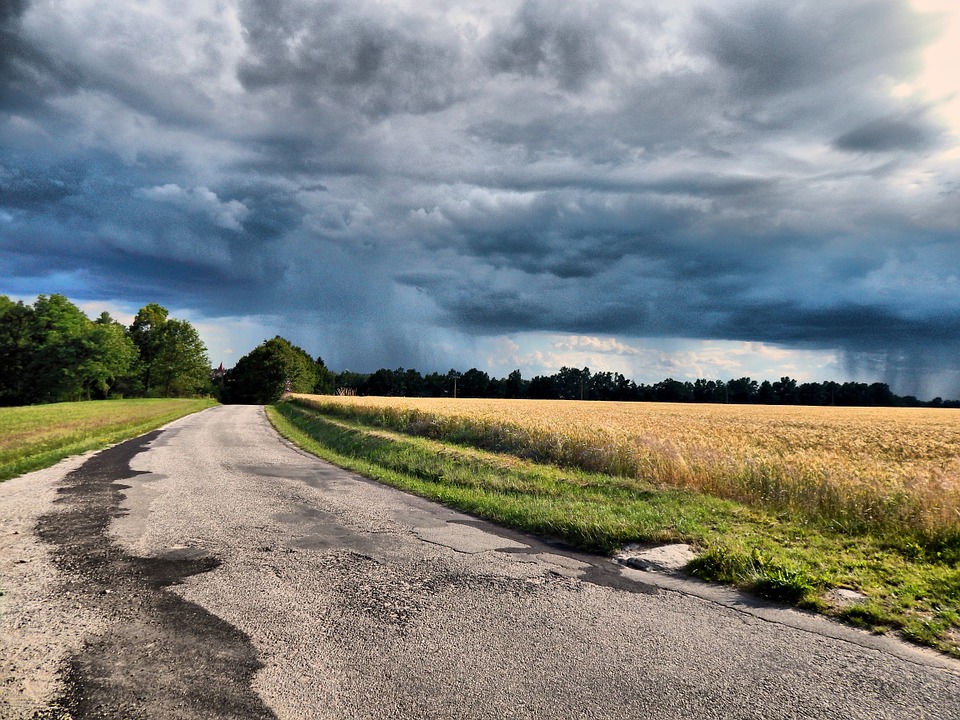
Jesus bid us pray for heaven to come to earth, not for an escape to heaven.
Blessed are the peacemakers, for they will be called children of God (Matthew 5:9).
Many people take for granted that Christianity is an otherworldly religion. According to this view, held by believers and skeptics alike, the Christian faces this life as a moral test. Those who pass get an endless second life in a peaceful realm, no death in sight.
Skeptics and secularists see this otherworldliness as the essence of Christianity. Thus, they write off Christianity as an escape from responsible engagement in the world’s problems. Their exhibit A: believers who conform to this world but claim their fast pass to heaven because they believe.
But the skeptics have something in common with the believers they scorn: Neither read the New Testament carefully enough.
Granted, Jesus and his apostles promise eternal life to those who love as Jesus called them to love, who believe in God the way faithful friends and spouses believe in each other. But according to the New Testament’s best-known verse, God does not offer this reward for passing a test. Rather, God so loved the world that God “sent his only begotten Son” to love, laugh, suffer, and even die not only for us, but with us. Whosoever believes in him the way faithful friends and spouses believe in each other, will not perish, but will get to continue the relationship eternally (see John 3:16).
All because God so loved the world.
In Christ, God gets into the whole tragicomic mess of human history not to beam us up to a better realm, but to redeem this one. As Paul wrote,
We know that the whole creation has been groaning in labor pains until now; and not only the creation, but we ourselves, who have the first fruits of the Spirit, groan inwardly while we wait for adoption, the redemption of our bodies (Romans 8:22-23).
So we hope for the wholeness of our bodily lives here, not just for our disembodied lives in the by-and-by.
When he taught us to pray, Jesus affirmed heaven, but in doing so, he affirmed earth all the more:
Our Father, who art in heaven,
hallowed be thy Name,
thy kingdom come,
thy will be done,
on earth as it is in heaven
(Matthew 6:9-10).
I do not find there a plea for God to get us up there. I see a plea for God to bring heaven down here.
And in the Beatitude, “Blessed are the peacemakers, for they will be called children of God” (Matthew 5:9), I hear God answer, “OK. Join me in making that happen!”
For God’s own project is nothing if not peacemaking.
Yes, the warp and woof of creation seem tightly threaded with pain and strife, but also blessing, also love. And only in the context of this hard life do we encounter God in unlikely times and places.
We know no concrete specifics about heaven, but the book of Revelation gives us poetry that points to reality more real than any descriptive account can. This image speaks especially of the peace of heaven:
Its gates will never be shut by day—and there will be no night there. People will bring into it the glory and the honour of the nations (vv.25-26).
God’s peace ultimately comes through opening gates for the stranger and alien, not building walls. As long as we allow fear of others to override trust in God, we will hinder peace, not make it. But when we fully remember God’s uncompromising forgiveness of us, we answer God’s invitation to welcome those whom a sinful world rejects. Then we are peacemakers. Then we know the blessing of peace in God’s household.
And then we will trust God, open our doors, and show the courage of faith to welcome the stranger as God welcomes us. God will find us ready for the answer to our prayer: Thy kingdom come, thy will be done on earth as it is in heaven.
Related Posts
Why I Believe in Eternal Life
Neighbors at the Door: Welcoming Christ This Christmas


0 Comments